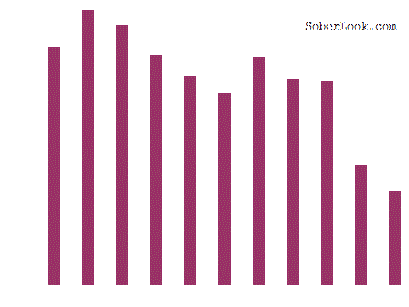Mutual Funds V Funds Look to the Fees
Post on: 5 Июль, 2015 No Comment

When considering your investment portfolio, you will likely have to decide between purchasing shares in index funds or managed mutual funds. Both have advantages and disadvantages, but the latter differentiates itself by relying on active expert oversight. That human touch, however, comes with higher fees.
USDAgov/Flickr source
Lets start with the cheaper option first. To choose the right index fund you want to look at its investment holdings, fees and risk levels.
For the ultra beginner investor, here are a few things to understand. Lets say you begin with $15,000. You have heard of some popular index funds like those run by Vanguard. Many of these funds hold investments that are based on a fixed formula, not hand-selected by its managers so the fees are cheaper. To begin, you take the 15 grand, open a Vanguard account online, buy shares of the Vanguard 500 Index Fund Investor Shares (VFINX), for example, and (hopefully) watch it bring solid returns. This is the time-consuming part. But, if you need the money, you can sell your shares at any time and withdraw, but then the profit becomes taxable as capital gains (if trading occurs in a non-tax-deferred account).
Buying shares in that index fund is very much like buying shares of the 500 largest U.S. companies, identified by the benchmark S&P 500. The total ongoing expense is just 0.17 percent (for this specific fund, other funds can charge a different percentage). Some index funds can charge up to 1.5 percent, almost 10 times more than VFINX, or higher. The fund will regularly change allocations of holdings when companies get bigger or smaller, as measured by the benchmark. There are many other indices that invest in companies in Europe or emerging markets and thus have a different benchmark.
This is a good place to park some money and then leave it there for a long time. However, be sure to research the funds that interest you before purchasing. Disclaimer: past performance does not indicate future results (youll find some version of that maxim everywhere in the investing world).
Managers cost money
Index funds differ from a managed mutual fund, because unlike an index fund which is largely run by a computer program, a managed fund has a human manager who takes your money and invests it in whatever stocks, bonds, and other properties that he or she believes fits the funds strategy. Fees are higher here since the manager has to pay his analysts, himself and all his expenses for finding out how to outperform the more popular indices. This may included traveling to the site of the company in which he plans to invest.
While managed mutual funds have the distinct advantage of human contact and human management, it often comes at a steep price, but it is usually worth the cost. That assertion is based mostly on the performance of the S&P 500. Research performed on 13 separate types of mutual funds over 12 years (since 2000) found that only two types of mutual funds underperformed the S&P 500 while the other 11 in the study yielded sometimes significantly higher returns.
Both of these types of funds rely on various markets (including stocks, bonds, currencies and commodities), but instead of building a portfolio of self-selected investments, a person or computer program can do it for you. You might assume, and not unreasonably, that if you have more money you can go to a more expensive fund and vice versa.
However, while the amount you want to invest plays a role, personal finance experts have always recommended that investors diversify their investments spreading their money in different types of investments and assets so that no single investment will cause you lose all your money.














